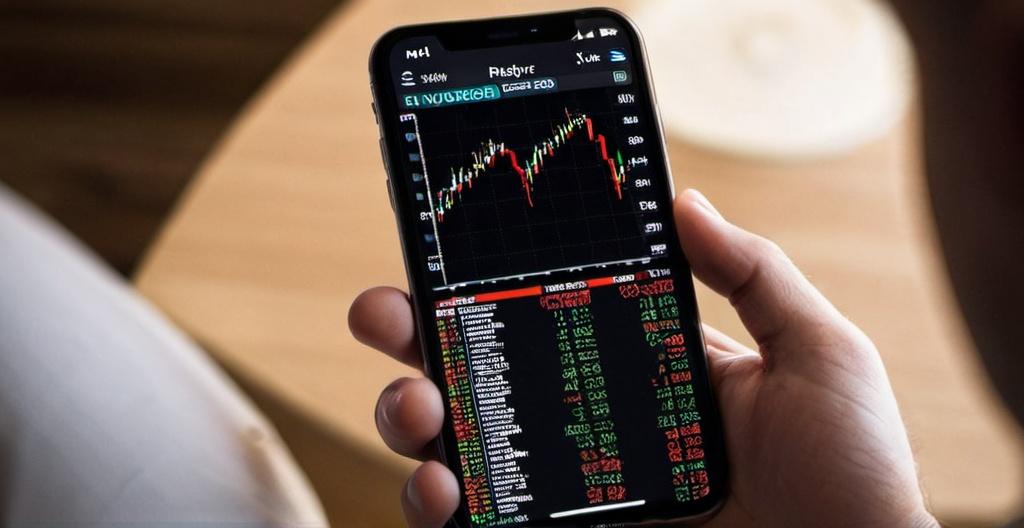Why They’re More Trouble Than They’re Worth
Binary options have been pitched for years as a fast, easy way to make money trading. The appeal is obvious: you predict whether the price of an asset will go up or down over a short time frame—sometimes just 30 seconds—and you either win a fixed payout or lose your entire stake. No partial wins. No adjustments. Just all or nothing.
Sounds simple enough, right?
That simplicity is exactly what makes binary options dangerous.

The Problem With “All or Nothing”
At the heart of every binary option is a bet. Not a trade. A bet. You’re not buying or selling an asset. You’re not owning anything. You’re predicting price direction over a very short window. If you’re right—even just barely—you win. If you’re wrong, even by one pip, you lose everything you put on the line.
That’s not trading. That’s gambling dressed up in trading clothes.
There’s no flexibility, no way to manage the trade once it’s live. Stop-loss? Can’t use it. Take-profit? Irrelevant. Hedging? Not possible. You click the button and wait. And most of the time, you wait to lose.
High Risk, Low Control
The issue isn’t just the structure—it’s how quickly losses stack up. A few bad trades in a row and you’re chasing your tail, increasing position sizes to “make it back,” falling into the same traps as anyone at a blackjack table in Vegas.
Worse, the short timeframes (60 seconds, 5 minutes, etc.) give the illusion that more trades mean more opportunity. But in reality, it just means more chances to burn through your account. Fast.
Broker Conflict of Interest
Here’s the part most new traders don’t know: many binary options brokers profit when you lose. It’s baked into the system. The odds are never in your favor. You’re betting against the house—and the house sets the terms.
Some brokers manipulate expiry prices, delay trade execution, or reject withdrawals. Regulatory oversight is often weak or nonexistent, especially when the broker is based offshore. There have been plenty of shutdowns, frozen accounts, and vanished funds in the binary space over the last decade.
Even legitimate-looking platforms have played fast and loose with user funds. That’s why countries like the U.K., Canada, and most of the EU have outright banned or heavily restricted binary options for retail traders.
Success Stories Are the Exception, Not the Rule
Yes, some people win. Yes, someone somewhere made a few hundred bucks on a Friday afternoon. That doesn’t make it a viable strategy. Most traders lose money in binary options because the structure itself is built to make them lose.
It’s like flipping a coin, except the coin is rigged, and the payout isn’t even 50/50—more like 55/45 against you once broker spreads and payout percentages are factored in.
Better Alternatives Exist
If you’re genuinely interested in learning to trade—really trade—there are better options. Spot forex, stocks, ETFs, and even crypto offer more transparency, better risk management, and actual ownership of your positions.
These markets require effort, sure. You’ll need a strategy, discipline, and time. But at least they give you a fair shot.
Platforms like Binary Options Net offer honest information and reviews, but even there, the takeaway is the same: unless you fully understand the risks and have money you’re prepared to lose, binary options probably aren’t for you.
Final Word
Binary options promise fast profits with minimal effort. That’s exactly why they’ve become a magnet for scams, manipulation, and quick losses. The structure is built to work against the trader. The risks outweigh the rewards.
If you’re serious about trading, take a step back and ask: do you want to gamble, or do you want to build skill and consistency?
Because with binary options, you’re not really trading. You’re just flipping a coin—and hoping the house lets you win.

